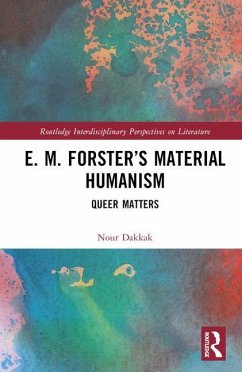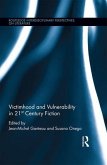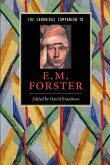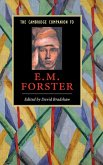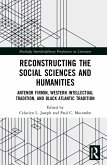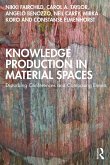Through attending to the nonhuman, E. M. Forster's Material Humanism: Queer Matters places Forster's fiction in conversation with contemporary debates concerned with the intersection of neomaterialism, environmental humanities, and queer ecology. The book revisits Forster's liberal humanism from a materialist perspective by focusing on humans' embodied activities in artificial and natural environments. By examining the everyday embodied experiences of characters, the book thus brings to the fore insignificant and sometimes overlooked aspects in Forster's fiction. It also places importance on the texts' treatment of queer intimacy as an embodied experience that can transcend sexual desire. The book acknowledges nonhuman agency as central to our understanding of queerness in Forster's texts and studies the representation of formless matters such as dust as a way through which Forster's ecological concerns arise by linking the fate of oppressed humans with oppressed nonhuman others.
Bitte wählen Sie Ihr Anliegen aus.
Rechnungen
Retourenschein anfordern
Bestellstatus
Storno

